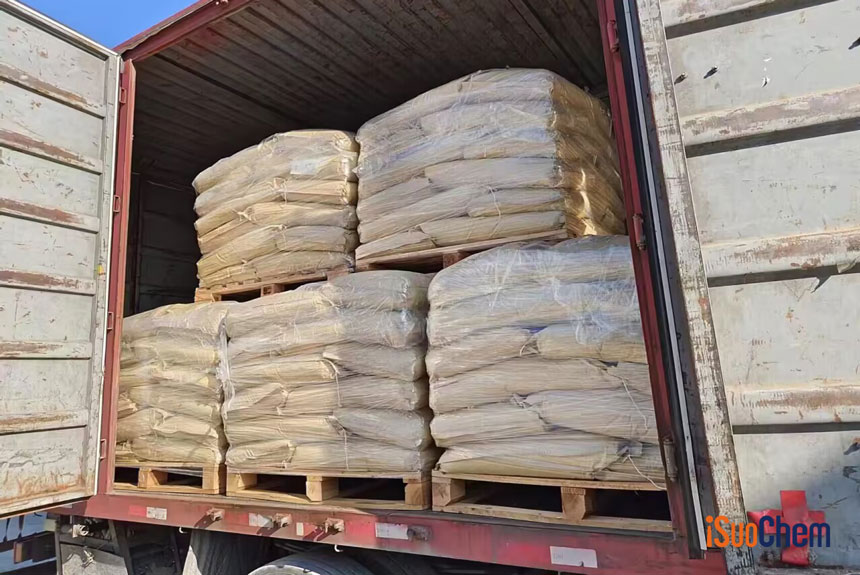Water-based inks have gained popularity in the printing industry due to their eco-friendliness and reduced environmental impact compared to solvent-based inks. ink Resins play a crucial role in the formulation of water-based inks, providing adhesion, durability, and color retention properties.
Today, we will choose some important ink resin materials commonly used in water-based inks, along with their advantages and disadvantages. Of course, there are also other ink resins here. Welcome to consult us to further discuss related solutions.
1. Acrylic Resins:
Advantages:
Excellent adhesion to various substrates.
Good color retention and durability.
Fast drying time, enhancing productivity.
Disadvantages:
Limited resistance to chemical and solvent exposure.
May require additives for improved flexibility and toughness.
2. Polyurethane Resins(PU resins):
Advantages:
Superior abrasion resistance, suitable for high-wear applications.
Enhanced flexibility and stretchability.
Good adhesion to both porous and non-porous substrates.
Disadvantages:
Relatively higher cost compared to other resin types.
Longer curing times may impact production efficiency.
Advantages:
Balanced properties of acrylic and styrene resins.
Improved water and weather resistance.
Enhanced pigment dispersion and color development.
Disadvantages:
Limited resistance to alkaline substances.
May require additional drying equipment for optimal performance.
4. Cellulose Derivative Resins (e.g., Ethyl Cellulose):
Advantages:
Excellent compatibility with water-based systems.
Enhances ink flow and viscosity control.
Provides good film-forming properties.
Disadvantages:
Limited chemical resistance.
Vulnerable to moisture absorption, affecting storage stability.
5. Polyvinyl Alcohol (PVA) Resins:
Advantages:
Biodegradable and environmentally friendly.
Good film-forming properties.
Cost-effective option for certain applications.
Disadvantages:
Limited water and chemical resistance.
Relatively lower durability compared to other resins.
6. Rosin Resins:
Advantages:
Natural and renewable material.
Excellent adhesion to paper and cardboard.
Low cost compared to synthetic resins.
Disadvantages:
Susceptible to yellowing over time.
Limited compatibility with certain pigments and additives.

As we know, the choice of ink resins for water-based inks depends on the specific printing requirements, substrate characteristics, and desired performance attributes. Each ink resin type offers a unique balance of advantages and disadvantages, allowing printers to tailor ink formulations to meet diverse application needs while maintaining environmental sustainability.